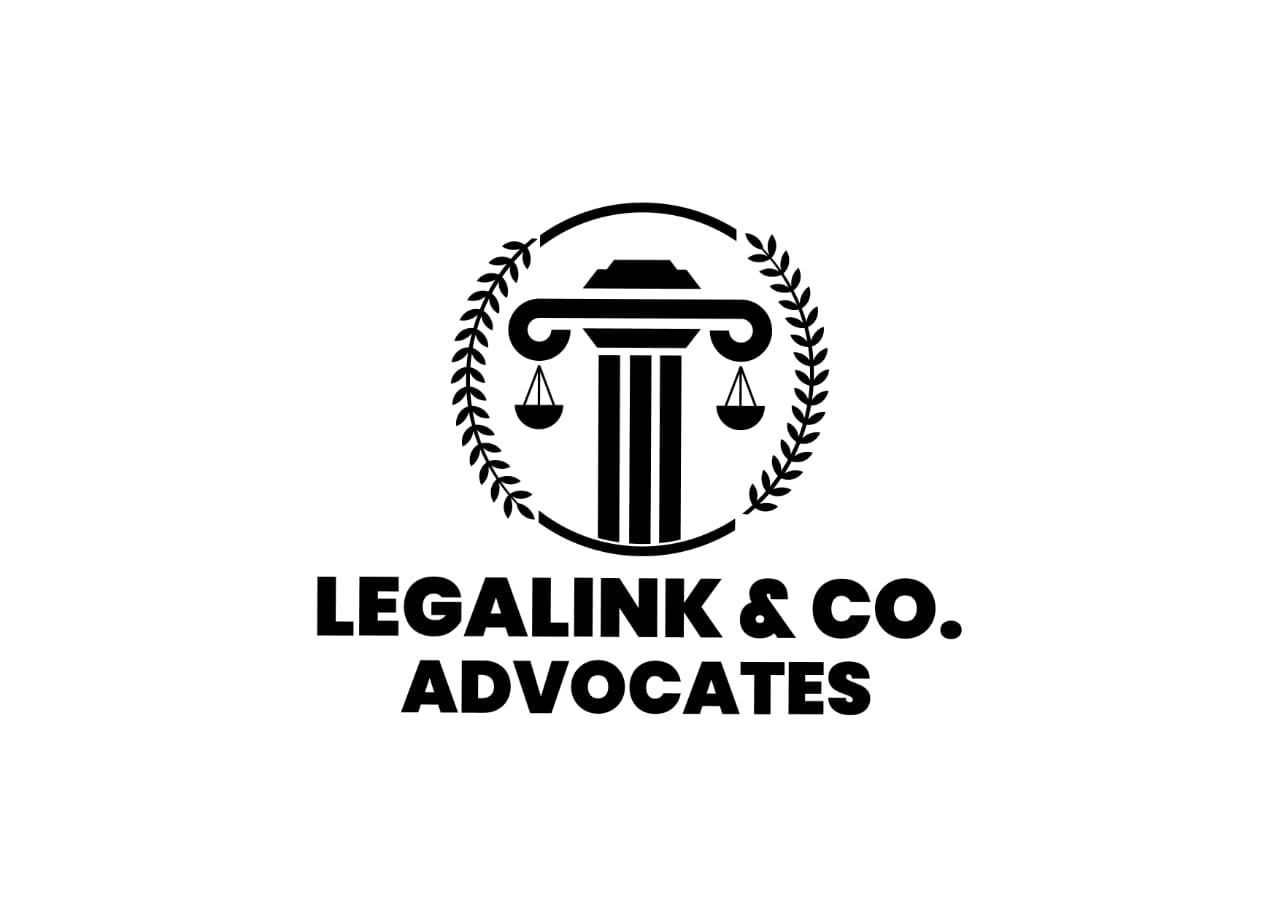Embarking on the journey of establishing a business in Uganda is both exciting and challenging. To ensure your venture is legally sound and poised for success, it’s crucial to navigate the necessary legal steps meticulously. Here’s a detailed guide to help you through the process:
1. Choose the Right Business Structure
Selecting the appropriate business structure is foundational. In Uganda, common structures include:
- Sole Proprietorship: Ideal for single owners; however, personal liability is unlimited.
- Partnership: For two or more individuals sharing profits, losses, and responsibilities.
- Private Limited Company: Offers limited liability protection; suitable for small to medium enterprises.
- Public Limited Company: Designed for larger businesses aiming to raise capital from the public.
- Non-Governmental Organization (NGO): For non-profit entities focusing on social causes.
2. Register Your Business with the Uganda Registration Services Bureau (URSB)
Formalizing your business through registration with the URSB is mandatory. The process involves:
- Name Reservation: Choose a unique business name and reserve it online via the URSB portal.
- Document Preparation: For companies, prepare necessary documents such as the Memorandum and Articles of Association, statement of nominal capital, and particulars of directors.
- Submission: Submit the documents along with the required fees to the URSB.
- Certificate of Incorporation: Upon approval, you’ll receive a Certificate of Incorporation, legally recognizing your business entity.
3. Obtain a Tax Identification Number (TIN)
Registering for a TIN with the Uganda Revenue Authority (URA) is essential for tax purposes. This number is required for:
-
Opening a Business Bank Account: Banks necessitate a TIN to open a corporate account.
-
Tax Compliance: Enables you to file taxes and comply with tax obligations.
-
Licensing: Some licenses and permits require a TIN for issuance.
4. Apply for Necessary Licenses and Permits
Depending on your business type and location, various licenses and permits may be required, such as:
-
Trading License: Issued by local authorities; mandatory for operating within a specific jurisdiction.
-
Sector-Specific Licenses: For industries like food, healthcare, education, and finance, additional regulatory approvals may be needed.
-
Environmental Permits: If your business impacts the environment, relevant permits are necessary.
Operating without the required licenses can lead to fines or business closure.
5. Open a Business Bank Account
A dedicated business bank account is crucial for:
-
Financial Management: Separates personal and business finances, aiding in clear financial tracking.
-
Professionalism: Enhances credibility with clients and suppliers.
-
Tax Compliance: Simplifies the process of tax filing and financial reporting.
6. Comply with Employment and Labor Laws
If hiring employees, ensure compliance with the Employment Act by:
-
Drafting Employment Contracts: Clearly outline terms of employment, duties, and compensation.
-
Registering with the National Social Security Fund (NSSF): Mandatory for employee pension contributions.
-
Adhering to Labor Standards: Follow regulations concerning working hours, leave entitlements, and termination procedures.
7. Protect Your Intellectual Property
Safeguard your brand and creations by:
-
Registering Trademarks: Protects your business name, logo, and slogans.
-
Securing Copyrights: For original works like literature, art, and software.
-
Applying for Patents: Protects new inventions or processes.
Intellectual property protection prevents unauthorized use and enhances business value.
8. Maintain Ongoing Compliance
Post-registration, ensure continuous compliance by:
-
Filing Annual Returns: Submit required documents to the URSB annually.
-
Renewing Licenses: Keep all business licenses up to date.
-
Tax Filings: Regularly file tax returns with the URA.
-
Holding Annual General Meetings (AGMs): For companies, AGMs are mandatory for shareholder engagement.
9. Consult a Legal Professional
Engaging with a legal expert can:
-
Provide Tailored Advice: Address specific legal needs of your business.
-
Ensure Compliance: Help navigate complex legal requirements.
-
Draft Legal Documents: Assist in creating contracts and agreements.
Professional legal guidance mitigates risks and supports business growth.
Conclusion
Starting a business in Uganda involves navigating various legal requirements. By following these steps and seeking professional legal assistance, you can establish a solid foundation for your business’s success. If you need guidance or have questions about the process, feel free to contact us at Legalink & Co. Advocates. We’re here to support your entrepreneurial journey.


